The artistic director of The Next Festival of Emerging Artists outlines the unyielding ethos that has guided the festival for young artists, and why, against the odds, it works
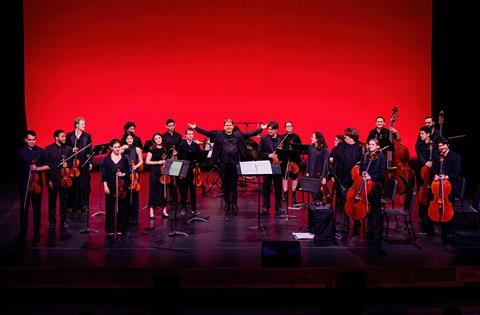
Discover more Featured Stories like this in The Strad Playing Hub
So many of the messages I received as a young professional string player, composer, educator, and conductor seemed to be coming from a place of ‘scarcity’: I should feel lucky to have work; I am naive and don’t understand ‘the business’; I should give up on the purity of my musical ideals, not rock the boat.
There was a problem. I had always believed that truly great artists are also great people and vice-versa – that the two were inseparable. It had always been difficult for me to accept that ‘success’ should be based on anything other than digging deep inside, cultivating vulnerability, and being honest as an artist.
After burning out in two professional positions at a pretty young age, I threw a ‘Hail Mary’ – one last chance to stand in my morals before finally giving in to the naysayers. I was offered the opportunity to start a music festival on the grounds of the historic Music Mountain Chamber Music Festival. The only guidance I was given was that ‘Everyone around here hates music after Debussy.’ Leaning into my contrarian streak, I decided to start a contemporary music festival!
The programme would be based on the way I thought a summer festival should be run, but had never experienced in real life. I began The Next Festival of Emerging Artists in 2013 to try to answer some questions: is it possible to have a festival where everyone is there for the right reasons? What happens if you try to treat everyone with respect and begin every relationship with an attitude of listening and openness? Can you actually trust people? Can you fill the gaps in our educational system so that young artists learn the skills they actually need (instead of training to be a hypothetical famous soloist with management taking care of the ‘details’)? And, most of all, is it possible to have a festival with no ‘jerks’?
With these ideas as my manifesto, the ‘Anti-Festival’ was born. It would be a festival for early-career artists between the ages of 20 and 30, bridging the gap between school and the ‘real world’ – a demographic that was almost always neglected just when they needed it most. There is nothing scarier than waking up the day after graduation and realising that no one is going to tell you what to do – to go from a world of constant structure to the rudderless feeling of ‘Everything should be possible but nothing is happening!’ It’s a rude awakening.
My vision for the festival was to try to teach our fellows ‘everything you don’t usually learn in school’: the skills to be a 360° artist. In my experience, musicians today must be more than just a great artist (though that is the bare minimum qualification), with a huge arsenal of skills and the flexibility to pivot from one to another in an instant. They need to be comfortable speaking to audiences, performing educational concerts, teaching privately and in the classroom, and to be able to play every kind of music fluently (from orchestra to chamber music to indie rock to hip-hop, mastering rhythms that come from the jazz, rock and global music worlds), be able to play to click tracks and sync with video, and to develop skills to collaborate within and across disciplines.
Today’s artist needs to be able to start their own ‘thing’, whether it is an ensemble, a non-profit, a record label, a teaching studio, or a concert series. They need to curate, promote, and self-advocate. They need to be in the trenches as their own business manager – fluent in budgeting, scheduling, project management, and fundraising, while advocating for their own dreams and beliefs, imagining a better world and having the real-life, hands-on logistical ‘chops’ to try to make it come true.
To all of these ends, The Next Festival of Emerging Artists foregrounds the performance practice of new music and music that defies genre. It has a composers/choreographer workshop that features collaboration with composers, choreographers, and each other, and invites experts in the field to speak on finance, project development, marketing, recording, and nonprofit management. It looks at how to embrace technology, and importantly, the experience of playing (as equals) alongside the best in the field. Guest artists have included Jennifer Koh, Seth Parker Woods, Matt Haimovitz, and many others.
In addition to trying to give young artists the tools they need to succeed, I wanted to see if it was possible to create an atmosphere that I have found lacking, whether it is in schools, festivals, or the professional environment. One that centers the whole person and invites and supports them to be successful.
I vowed to begin every relationship with the artists with a conversation: about the ethical underpinnings for why the festival exists, about who they are, and about their dreams and goals. I would ask each of them what they can pay and tell them that I would do my best to raise the rest of the money. No one would be on ‘work study’ and no one would have more ‘scholarship’ than anyone else. I had a hunch that removing the financial barriers to entry would make a broad range of backgrounds feel welcome and valued, and that this would be something the right kind of donors would get behind.
It turns out that my intuition was right – if you do something excellently and for the right reasons, the support will come. Donors are most excited to support a daring, clear vision with sound ethical underpinnings. It was almost enough to make a believer out of the almost-jaded, almost-cynical musician I had found myself becoming.
As we begin our 13th season this week, with the legendary Kronos Quartet as our guest artists, my sceptical self has no choice but to conclude: Yes! All these things are possible!
Since the very beginning, we have created a community built on respect, where all are valued for their uniqueness, and welcomed on their own terms, financially and otherwise. Turns out supporters want to invest in something that has integrity, that supports young artists, and invests in the future in a real and meaningful way.
Also, no jerks! 13 years without one – must be some kind of record!
Public performances of The Next Festival of Emerging Artists 2025 will begin on 12 June
Read: Concert review: Next Festival of Emerging Artists
Read: Premiere of the Month: Jungyoon Wie’s new work for the Kronos Quartet
Discover more Featured Stories like this in The Strad Playing Hub
The number one source for playing and teaching books, guides, CDs, calendars and back issues of the magazine.
In The Best of Technique you’ll discover the top playing tips of the world’s leading string players and teachers. It’s packed full of exercises for students, plus examples from the standard repertoire to show you how to integrate the technique into your playing.
The Strad’s Masterclass series brings together the finest string players with some of the greatest string works ever written. Always one of our most popular sections, Masterclass has been an invaluable aid to aspiring soloists, chamber musicians and string teachers since the 1990s.
The Canada Council of the Arts’ Musical Instrument Bank is 40 years old in 2025. This year’s calendar celebrates some its treasures, including four instruments by Antonio Stradivari and priceless works by Montagnana, Gagliano, Pressenda and David Tecchler.

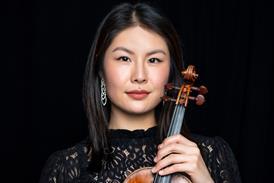
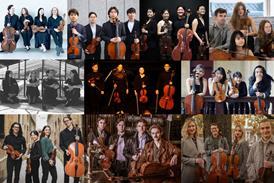
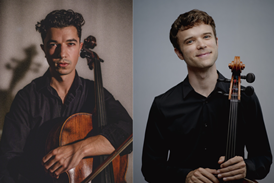
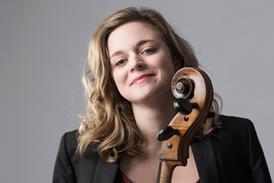
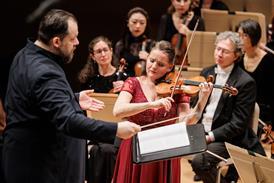
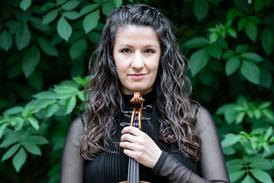
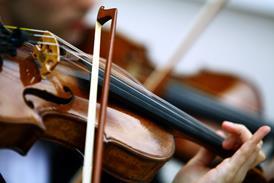

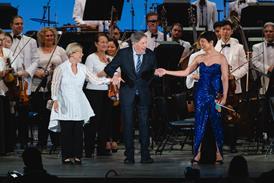
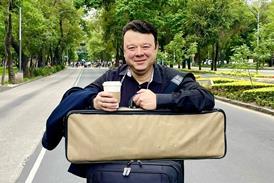

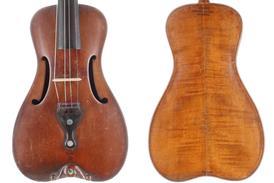
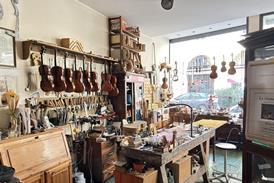
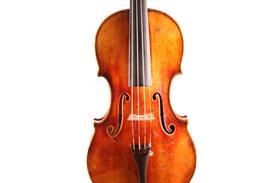
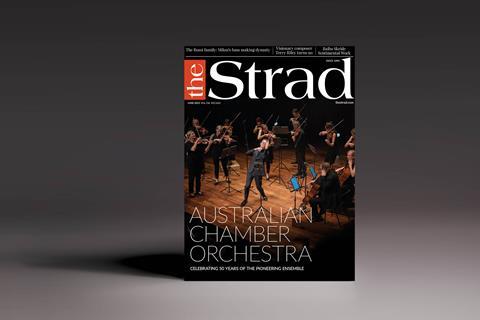




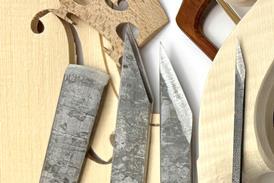
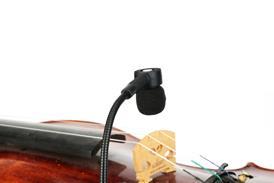
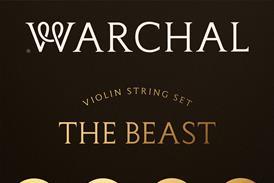















No comments yet